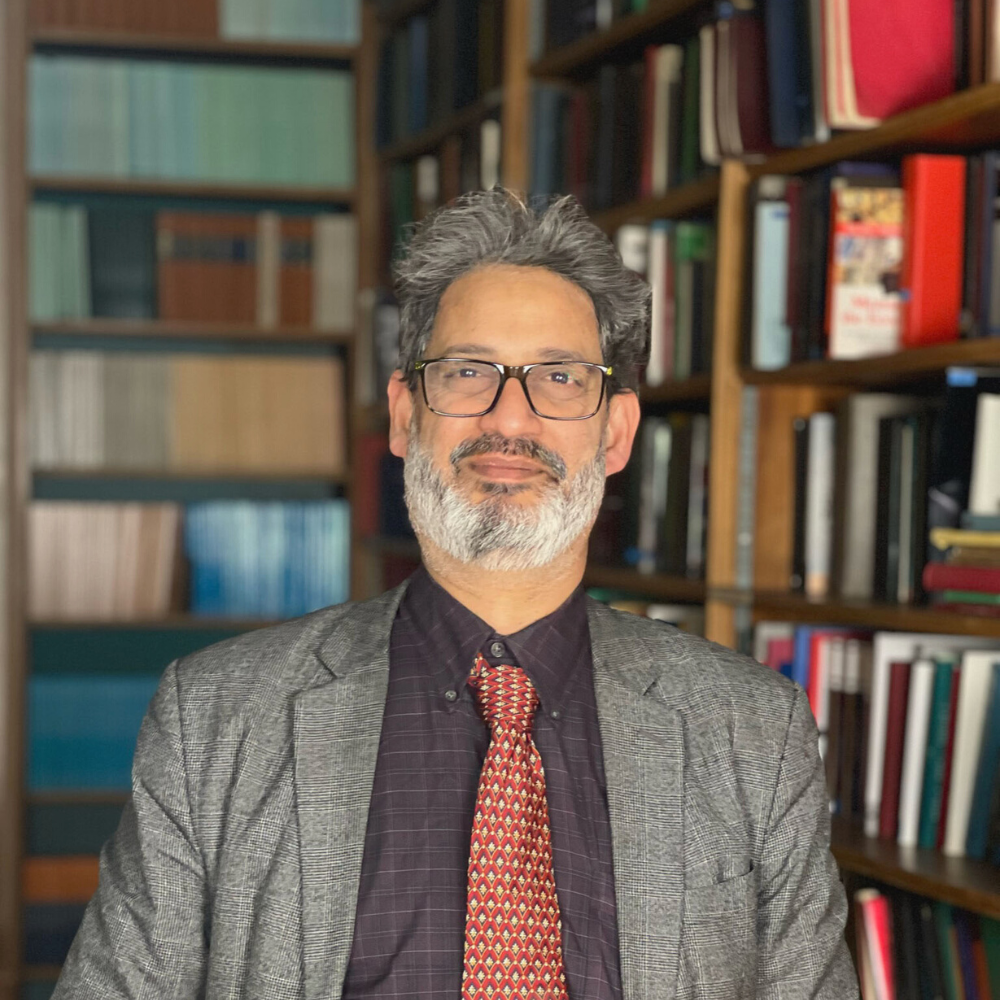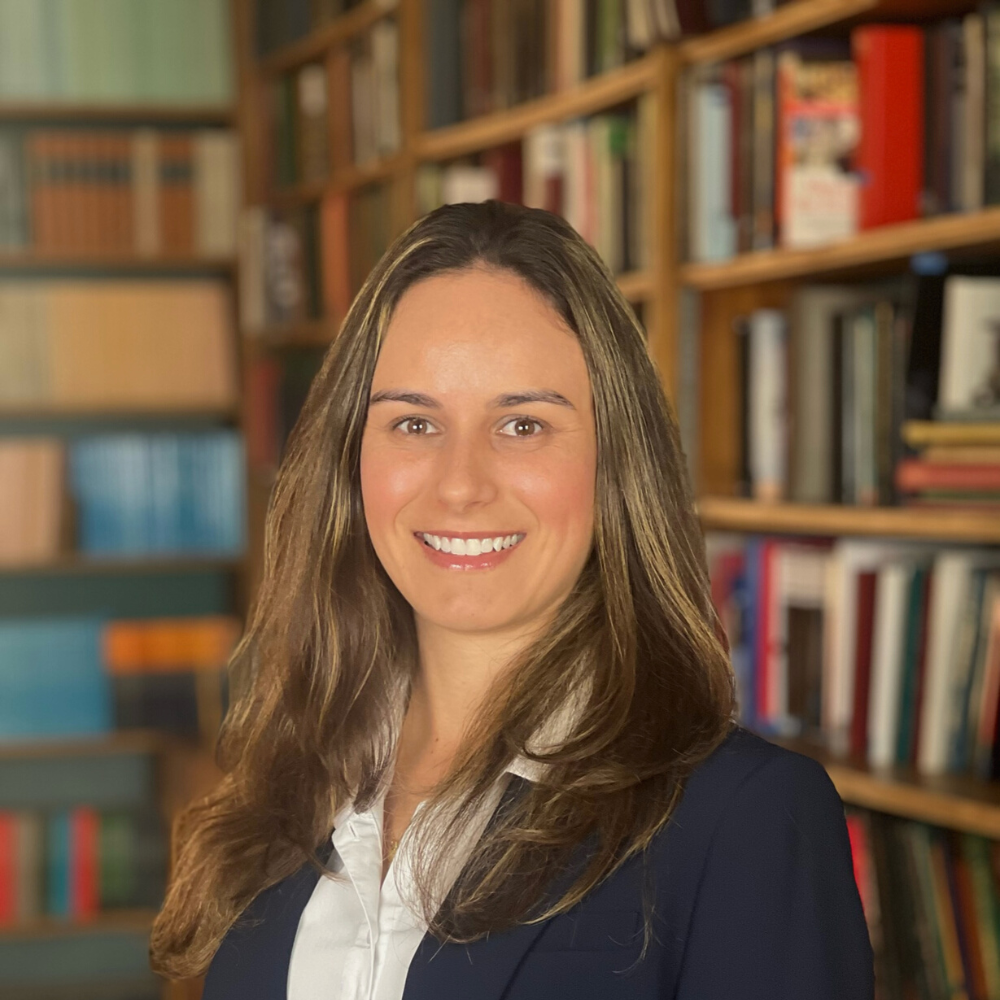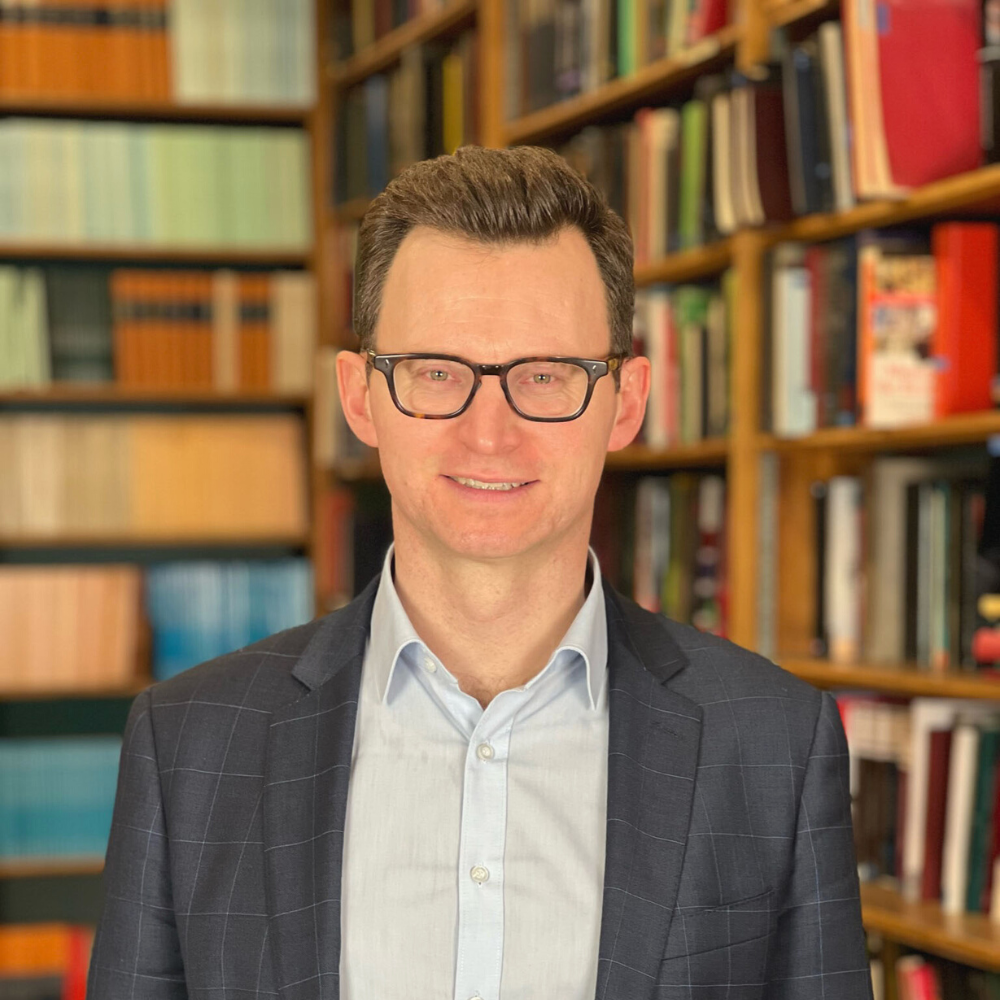Exploring Alternative Data Sources for Household Wealth Statistics
Despite the importance of household wealth for the purposes of distributional analysis, there has been limited data on wealth in the UK. This paper seeks to explore and assess alternative data sources for wealth in order to improve existing wealth statistics, notably the data in the Wealth and Assets Survey (WAS). The objective is to provide an overview of possible alternatives and evaluate them in terms of whether they can complement the data in the WAS, offer quality assurance and possibly act as replacement over time. We retain specific focus on pension wealth.

Summary & aims
The WAS survey is a key data source for analysing the distribution of wealth across households and individuals. As a social survey, there are limitations to the data that the WAS can provide. Collection of detailed financial information (particularly on pension wealth, which accounts for over 40 per cent of the total wealth in Great Britain) is complex and puts a heavy burden on respondents. The accuracy of the data is also limited by respondent recall and low pension knowledge and engagement. Recent research, combining additional survey data with the WAS, shows that after wealth measures are underestimated by around 5 per cent (Advani et al., 2020). Integrating administrative data into the survey would reap a number of benefits in terms of data quality and reducing respondent burden.
This project seeks to explore and assess alternative data sources for wealth in order to improve existing wealth statistics, notably the data in the Wealth and Assets Survey (WAS). The objective is to provide an overview of possible alternatives and evaluate them in terms of whether they can complement the data in the WAS, offer quality assurance and possibly act as replacement over time. We retain specific focus on pension wealth.
Methodology
The researchers will carry out a wider review of possible data sources using their network and expertise. Once identified, the data owners would be approached, and the researchers will review the data availability and practical, legal and technical barriers to acquiring the data. The research team will assess each potential data source balancing potential barriers to acquisition against benefits the data could have to complement the survey and increase data quality.
Ultimately, the project will form recommendations on which alternative data sources, coverage and resolution will ensure the best chance of success.
Principal Investigator

Co-Investigator




